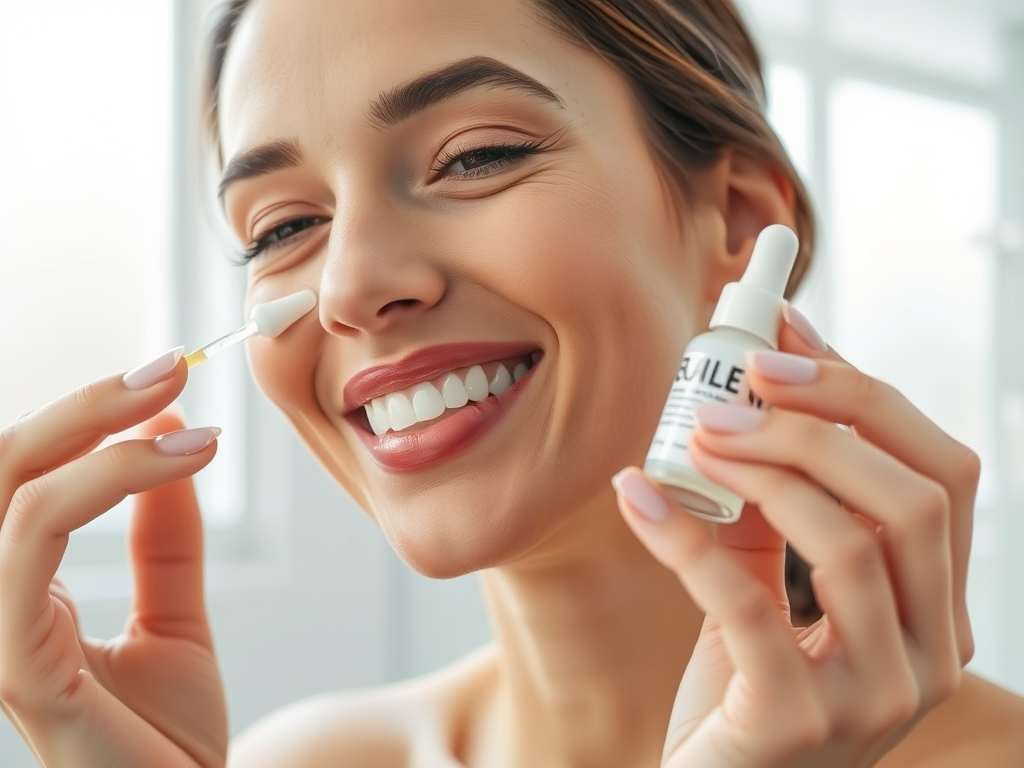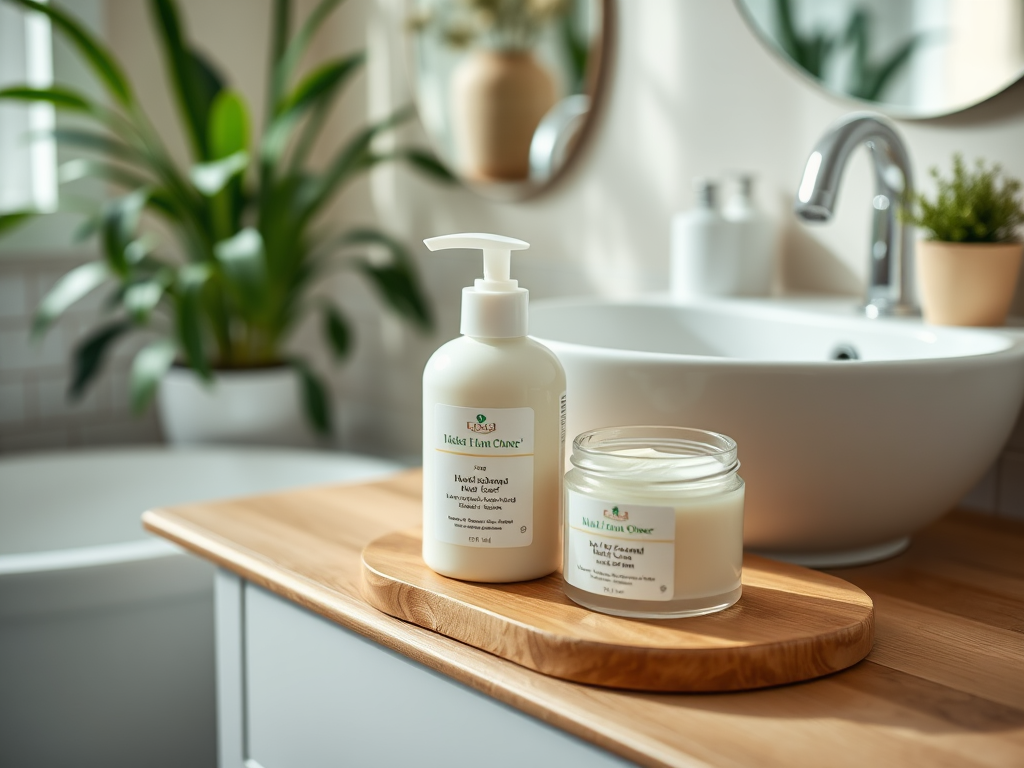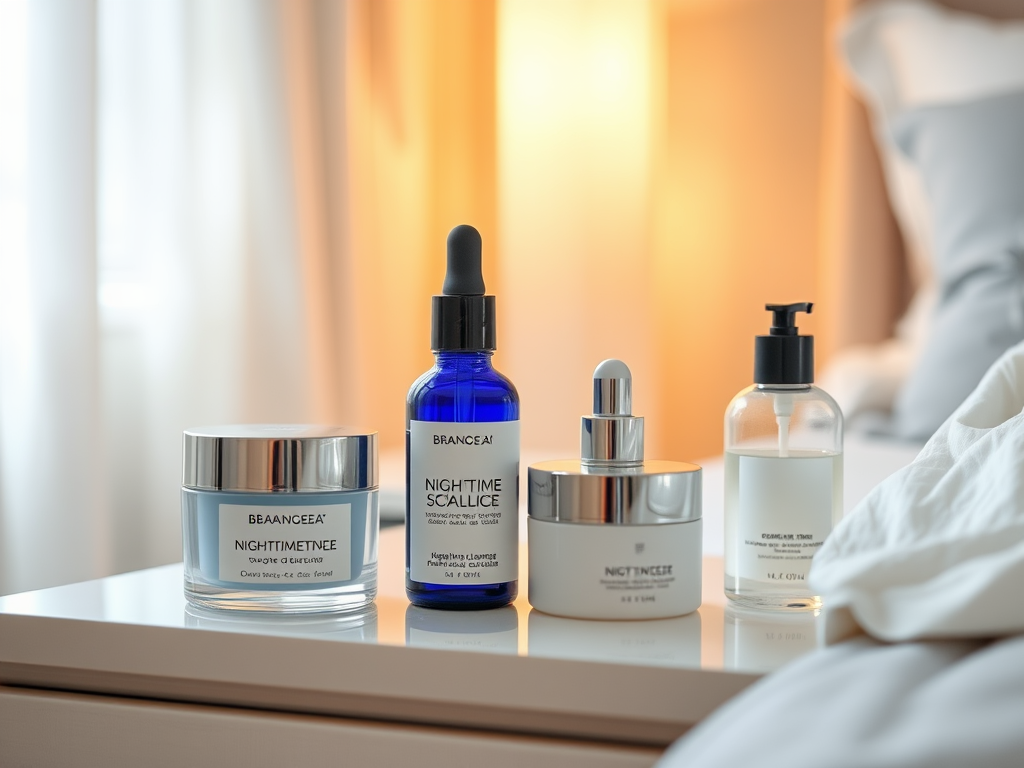
The Role of Moisturizers in Your Nighttime Face Routine
Your skin is not just an outer layer; it’s a dynamic organ that requires care and attention, especially at night. The period when you’re asleep is the most crucial time for skin cell regeneration and repair. With environmental stresses accumulating throughout the day, providing targeted hydration is essential for your complexion’s well-being. This is where moisturizers take center stage, working overtime to ensure your skin emerges refreshed and revitalized by morning. By understanding how moisturizers function and their significance in your nighttime routine, you can enhance your skincare regimen significantly. Let’s delve deeper into why moisturizers are an indispensable ally in achieving that coveted radiant skin.
Why Nighttime Skincare Matters
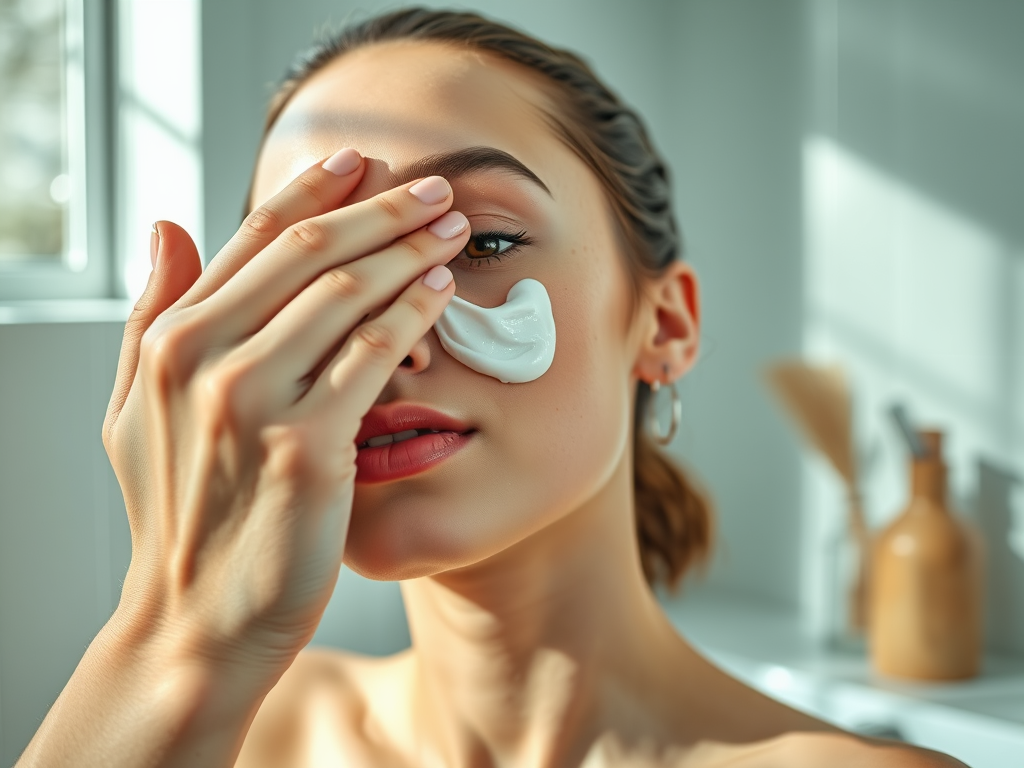
Nighttime is a period of profound skin transformation. Research indicates that while we sleep, our skin enters a phase of increased permeability, allowing products to penetrate more deeply. This means that applying your moisturizer at night not only hydrates but also supports other beneficial ingredients in penetrating effectively. Beyond the typical benefits of hydration, nighttime skincare routines can promote healing and restore balance. Neglecting this phase can lead to premature aging signs, such as fine lines and uneven texture. Thus, a dedicated nighttime approach acts as an investment in your future skin health.
The Science Behind Moisturizers
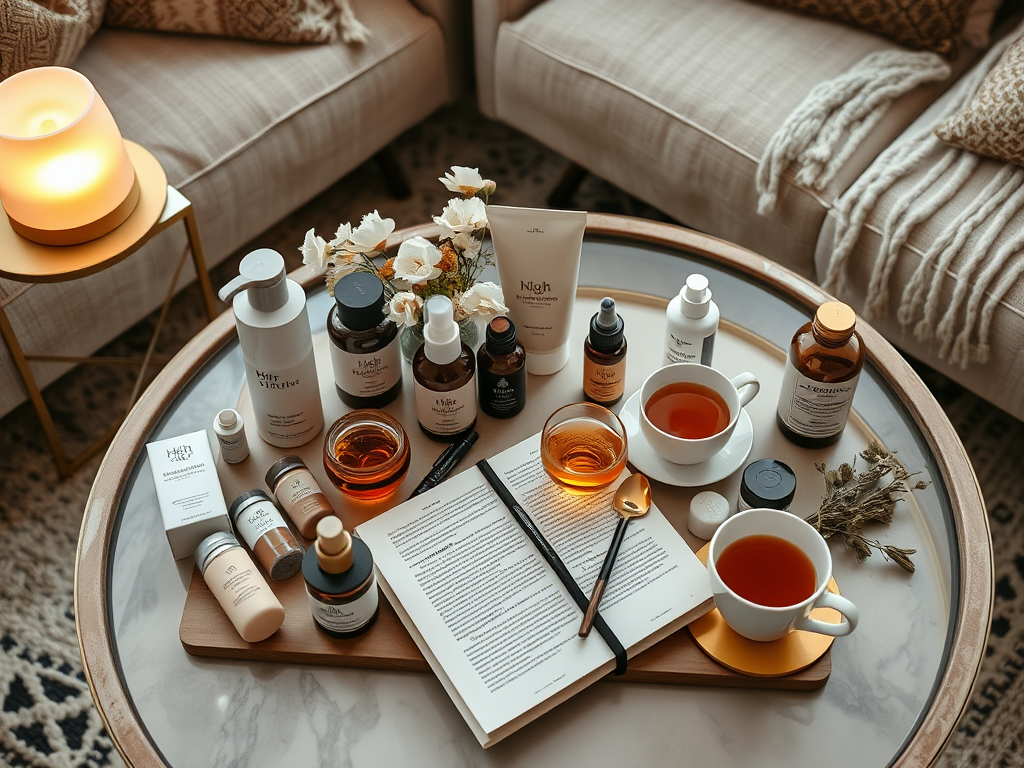
Moisturizers do more than just provide a surface-level hydration; they are scientifically crafted formulations designed to perform specific roles in skin maintenance. Not only do they hydrate, but they also create a barrier to lock in existing moisture. Applying a moisturizer correctly can enhance its efficacy dramatically thanks to its strategic blend of ingredients. The most effective moisturizers typically consist of humectants, emollients, and occlusives. These components work synergistically to ensure lasting hydration while addressing diverse skin concerns. Understanding what goes into your moisturizer is crucial for choosing the right product for your unique skin needs.
- Hyaluronic Acid: Known for its ability to retain moisture, it’s capable of holding up to 1000 times its weight in water.
- Glycerin: This ingredient acts as a humectant, drawing water into the skin to enhance hydration.
- Ceramides: Essential for restoring the skin barrier, these molecules help maintain moisture levels and improve texture.
The Benefits of Using Moisturizers at Night
Investing in a good nighttime moisturizer could bring you remarkable results. For starters, it acts as a shield against the moisture loss that occurs during sleep, enhancing your skin’s hydration levels. Beyond merely hydrating, moisturizers support the skin’s natural repair processes, making them crucial for recovery from daily stressors. Consistent nightly use can also prevent premature aging, as well-hydrated skin is less prone to developing fine lines. Another significant advantage comes from the fact that richer formulations can deliver potent active ingredients designed to tackle specific skin issues as you sleep. With all these benefits, it’s easy to see why moisturizers are a must-have in your nighttime routine.
Choosing the Right Moisturizer for Your Skin Type
Finding the perfect moisturizer depends largely on understanding your skin type. Each skin type has unique characteristics that affect hydration needs. Using a product that’s tailored to your specific skin instances will yield the best results. Below is a guide to help you choose the right moisturizer for your skin type. Note how certain formulations cater to particular concerns and feel free to experiment until you discover what works best.
| Skin Type | Recommended Moisturizer Type | Key Ingredients to Look For |
|---|---|---|
| Oily Skin | Lightweight, gel-based | Hyaluronic Acid, Salicylic Acid |
| Dry Skin | Rich creams or ointments | Ceramides, Glycerin |
| Combination Skin | Oil-free lotions or gels | Aloe Vera, Jojoba oil |
How to Integrate Moisturizers into Your Nighttime Routine
To unlock the full potential of your moisturizer, integrate it seamlessly into your skincare regimen. The first step is to cleanse your face thoroughly to remove dirt, oil, and makeup. This will ensure that the skin is primed to absorb the moisturizer effectively. Following this, it’s advisable to apply any targeted treatments, like serums or spot treatments, that benefit from a hydrated base. After these preliminary steps, it’s time to introduce your chosen moisturizer. Applying a generous layer will help seal in moisture, preparing your skin for the restorative processes that occur overnight. Ensure that you massage it gently until fully absorbed for optimal effects.
Conclusion
Moisturizers serve as an integral element of any nighttime face routine. By offering essential hydration and supporting the skin’s natural repair processes, they ensure your skin remains healthy and vibrant. The importance of selecting the right product cannot be overstated, as it can lead to substantially different outcomes in your skincare results. Consistency is key, so make it a point to engage in a dedicated routine that emphasizes moisturizing your skin at night. The reward—waking up with a fresh, glowing complexion—is well worth the effort. Embrace the properties of nighttime moisturizers and watch your skin thrive.
Frequently Asked Questions
- What is the best time to apply moisturizer at night? It’s best to apply moisturizer within a few minutes after cleansing to lock in moisture effectively.
- Can I skip moisturizer if I have oily skin? No, even oily skin needs hydration. Opt for lightweight, oil-free moisturizers.
- How much moisturizer should I use? A pea-sized amount is usually sufficient, but adjust based on your skin’s needs.
- Do I need to use a separate nighttime moisturizer? While not necessary, nighttime moisturizers are often richer and may contain ingredients that benefit your skin overnight.
- Is it okay to use a moisturizer that contains SPF at night? While it won’t harm your skin, SPF is unnecessary at night, so consider a dedicated nighttime moisturizer instead.
